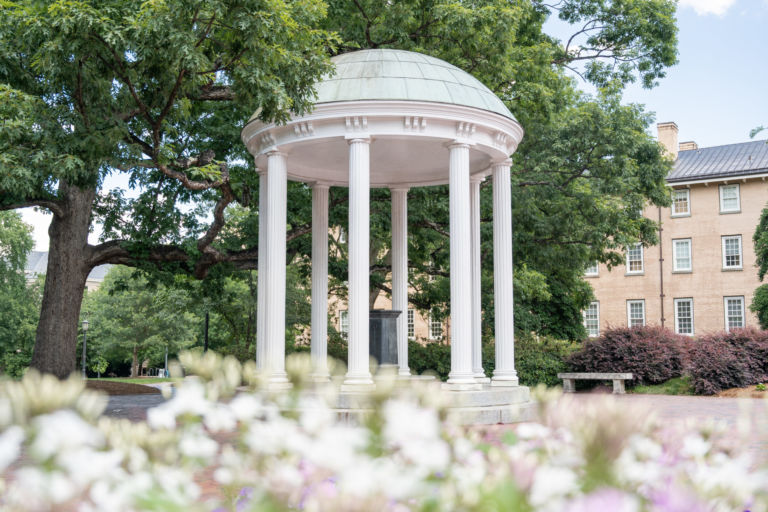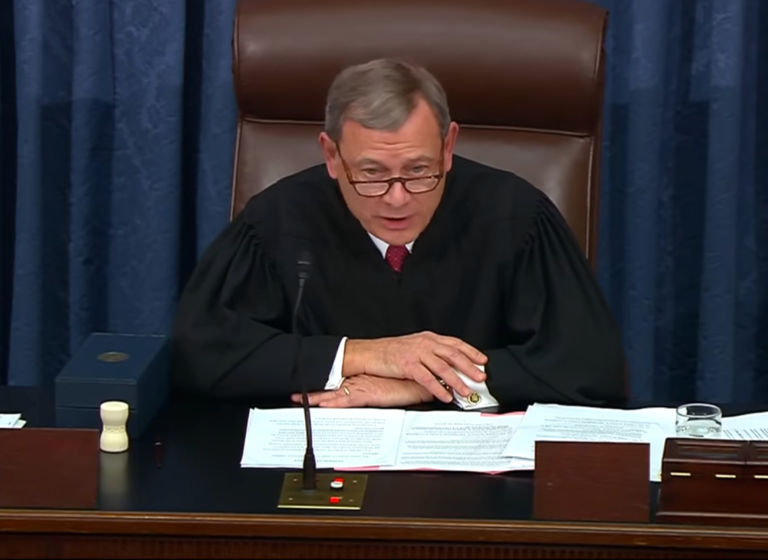Jeremiah Poff of the Washington Examiner documents colleges’ efforts to bypass the U.S. Supreme Court’s recent decision about the use of race in admissions decisions.
The Supreme Court may have brought an end to affirmative action in college admissions, but universities have found a so-called loophole by openly encouraging applicants to discuss their race in essays.
The landmark ruling prohibited colleges from considering an applicant’s race in admissions decisions, but Chief Justice John Roberts wrote in the June opinion that college admissions officers were not prohibited from “considering an applicant’s discussion of how race affected his or her life, be it through discrimination, inspiration, or otherwise.”
The ruling, despite its caveat, overruled the court’s previous precedents that had allowed colleges to consider race as a secondary factor when deciding whether or not to admit an applicant.
As universities responded to the ruling, some made a point to single out the chief justice’s words while vowing to comply with the new precedent.
In a statement following the court’s ruling, Harvard University, one of the two defendants in the case alongside the University of North Carolina, Chapel Hill, quoted the chief justice’s words and said the college “will certainly comply with the Court’s decision.” Likewise, UNC said the university would “comply with the Court’s ruling that an applicant’s lived racial experience cannot be credited as ‘race for race’s sake,’ but instead under some circumstances may illuminate an individual’s character and contributions.”
Brian Taylor, a managing partner at the college prep company Ivy Coach, told the Washington Examiner that not much has changed in the wake of the court’s ruling, even as some colleges have tweaked their admissions essay prompts to solicit responses that more directly discuss an applicant’s race.
“The more things change, the more they stay the same,” Taylor said. “Many [colleges] are taking advantage of Chief Justice Roberts loophole that he penned in his majority opinion, [and] they’re asking more community-based questions. They’re asking more questions about your background or your culture or your experiences.”


